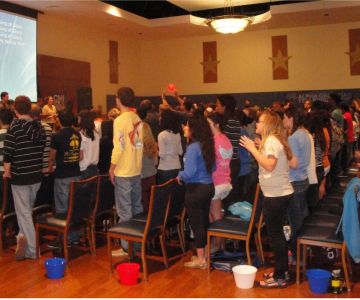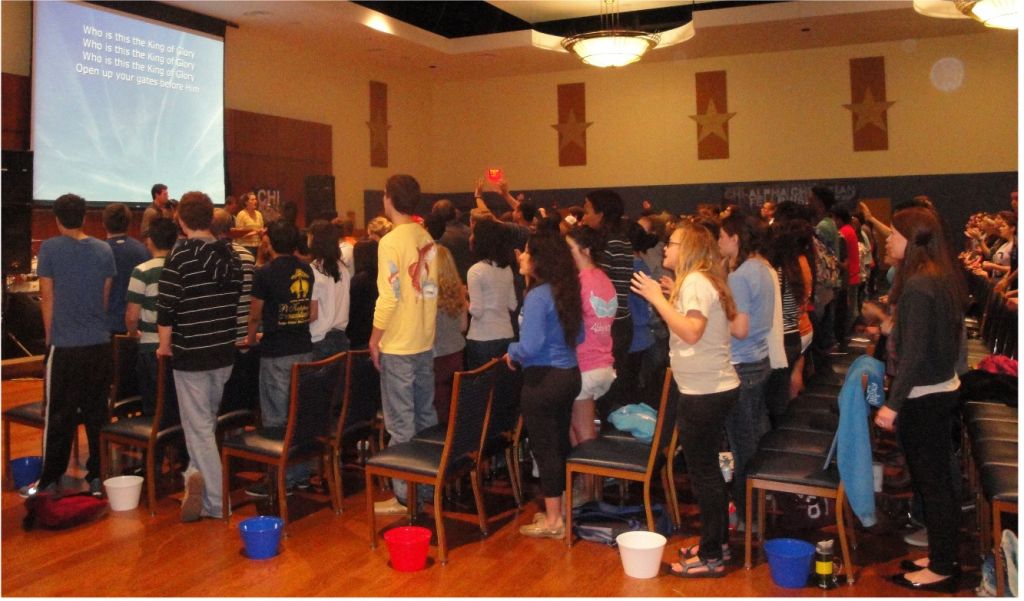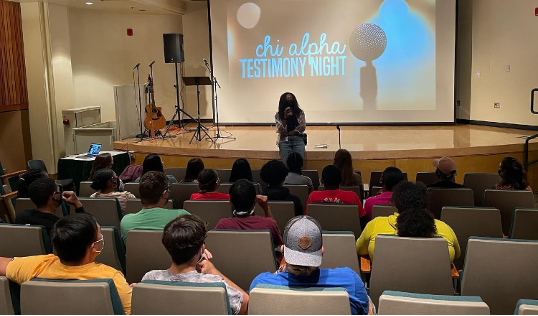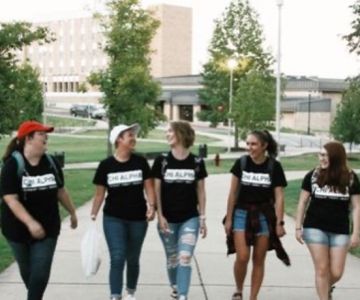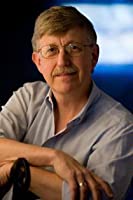
Dr. Francis Collins, is the former director of the National Institutes of Health (2009-2021) and known as an American physician geneticist who gave visionary leadership to the Human Genome Project. He was interviewed on NPR’s Morning Edition by Rachel Martin, 1/24/2022. Many will recognize him as a scientist representing NIH on the news, giving updates on COVID. He has also authored several Christian books.
Rachel: After two years helping lead America’s fight against COVID-19, Dr. Francis Collins is diagnosing a different public health crisis.
Francis: The culture wars are literally killing people – because we’ve lost that sense of what our greatest calling is, which is the truth, goodness, and beauty – those three transcendentals that are supposed to characterize us – all three of which seem to be frayed.
Rachel: Francis Collins is a Christian who’s had to make peace with what he can prove and what he can’t. And he wants to use science, religion and, above all, empathy to bring people together at this moment. . . .Let’s go back to when Francis was a graduate student and an avowed atheist.
Francis: I had no use for anybody who wanted to talk about something you couldn’t measure in the science lab.
Rachel: Why?
Francis: It was the sort of thing that would clear the seminar room in a hurry, if you raised a question about God. Like, oh, that doesn’t belong here. Didn’t you realize that’s not the conversation we’re supposed to have? . . . people got the message and didn’t.
Rachel: So how in the world did that change for you?
Francis: It was medical school. It was that third year of medical school, where you’re not in the classroom anymore. You’re on the hospital wards. You’re sitting at the bedside of . . . people whose lives are ending, sometimes with a great deal of pain and suffering. And you’re realizing your medical tools are inadequate to actually help them very much. I had a patient, who I’d gotten kind of attached to – an elderly woman – who shared her faith with me and then turned to me one afternoon and said, you know, Doctor, I’ve told you about my beliefs, and you have said nothing. What do you believe? Nobody ever quite asked me that question. And, Rachel, at that moment, I realized, I do not know. I have settled on atheism because it was the answer I was most comfortable with, and it meant I didn’t really have to look into this. But I’m a scientist. I’m not supposed to make big decisions without looking at evidence. I’ve got to look into it.
Rachel: So how does an avowed atheist scientist go about interrogating the existence of God?
Francis: What helped me most was a pastor . . . who listened to all of my blasphemous questions about how there could be a loving God when the world was in such trouble and suggested that I might want to read a small book on his shelf. The book was “Mere Christianity” by C. S. Lewis. And Lewis, bit by bit, who seemed to read my mind, would address each one of those and then point out why atheism was actually the least rational of the choices and why belief ultimately made a lot more sense.
Rachel: I have noticed in conversations with some evangelical Christians the tendency has been to say about a variety of things, this is God’s will – right? – whether we’re talking about climate change or whether we’re talking about a global pandemic, that any attempt to disrupt that kind of predestined divine plan is against God’s will. Have you heard that?
Francis: Oh, yeah.
Rachel: And how do you go about countering it?
Francis: And those are my people. I am an evangelical Christian. And it is heartbreaking to see how this divide between science and faith has particularly hit that community hard. This is the community that has amongst the highest rates of vaccine hesitancy and denial of climate change when all the data is clearly in front of us. I don’t blame them. I don’t blame the communities that have taken that view. I blame the people who are providing them with false information, . . . and continue to do so for other reasons, many of them political. That is truly heartbreaking.
Rachel: Where do you find hope here now?
Francis: My faith is a deep source of that. I also have hope that human nature, despite all of its foibles, is basically put together in a way that over time we find a way to do the right thing, even after making a lot of mistakes along the way. In addition to what I’m doing now with my research lab . . . I’m also seriously thinking about whether there’re ways I might use whatever credibility I have to make a case for bringing us out of this set of warring factions towards something with more concern for each other. Do I have much of a chance in making a difference? I don’t know. But I hope that maybe I could in some small way.
This is a condensed version. For the complete interview or to listen go to: https://www.npr.org/2022/01/24/1075264822/next-chapter-ex-nih-head-francis-collins-works-to-bridge-the-countrys-divides.
